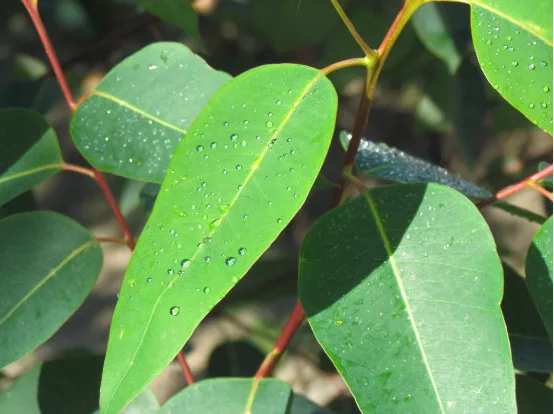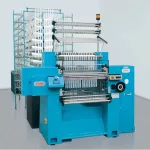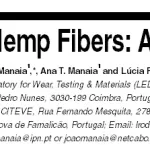
The global market for textile fibers, despite being currently dominated by synthetic fibers, has revealed sustainability problems, however, natural fibers (e.g. cotton) are not a valid alternative, as they would require an area top of agricultural land to raise your production. In view of the above, processed cellulosic-based fibers play a fundamental role, with the highest growth rates on the market.

Caima, as a producer of dissolving pulp, the main raw material for the production of this type of fibre, has to remain attentive to market trends, constantly updating its products, adapting them to the market and to the vicissitudes of its customers.
In this context, the Fiber4Fiber project emerged, with the purpose of studying the soluble pulp of Eucalyptus globulus, with a view to optimizing it for fiber production. To this end, the need was identified to analyze pulp performance throughout the entire production value chain in order to understand the key characteristics of pulp for fiber quality, based on 3 fundamental lines, namely
- the production of Viscose, the most popular cellulosic-based processed fiber on the market,
- Lyocell fiber, which will assume a relevant role in the market in the near future and
- the functionalization of products along the value chain.
At this level, it is important to point out that the functionalization of the pulp with a view to its traceability will make it possible to distinguish products with a sustainable origin from similar ones that come from less responsible management, making it crucial to leverage the use of these fibers in increasingly demanding applications ( e.g. production of technical textiles). Thus, through the realization of the proposed R&D activities, it will be intended to obtain optimized soluble pulps for the Viscose and Lyocell processes, with the capacity to be potentially traceable, and, as well, functionalized Lyocell fibers that guarantee a competitive advantage to Caima, serving as a basis for a possible integration of downstream processes in the value chain.

The Fiber4Fiber project aims to develop soluble pulps from Eucalyptus globulus, optimized for the production of cellulosic-based fibers, namely Viscose and Lyocell , which can be traced along the value chain. This traceability will make it possible to distinguish products with sustainable origin from similar ones from less responsible management, making it crucial to leverage the use of these fibers in increasingly demanding applications.
This project also foresees the development and study of new functionalized Lyocell fibers, to be marketed as value-added products, in the form of textile fibers and technical yarns.
Main goals
- Reinforcement of research, technological development and national innovation;
- Quantification of the impact of Eucalyptus globulus dissolving pulp properties on fiber production;
- Optimization of CAIMA’s dissolving pulp for Viscose and Lyocell processes ;
- Functionalization of CAIMA’s soluble paste so that it can be traced;
- Development of functionalized Lyocell fibers intended for the production of technical textiles.

